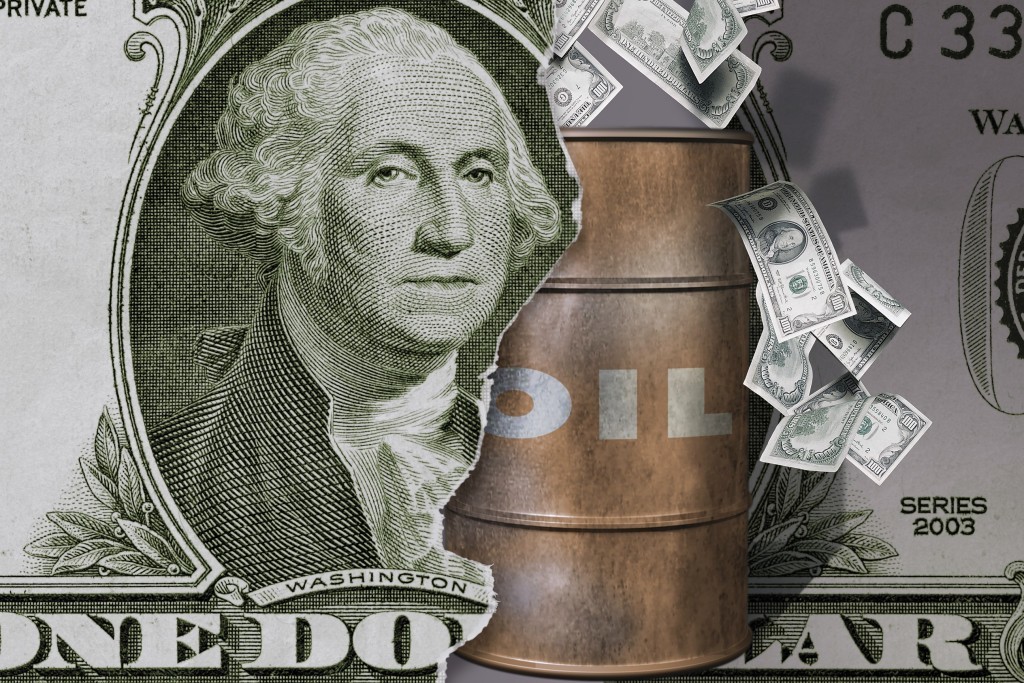
Oil’s climb above $45 a barrel is reassuring influential figures from BP to the International Energy Agency that the industry is finally recovering from the worst slump in a generation. Others say the market is about to fall into the same trap as last year.
There’s a sense of deja vu at Commerzbank , BNP Paribas and UBS, who say crude’s gain of about 70 percent from a 12-year low in January resembles the recovery that took hold this time last year – only to sputter out by May as the supply glut endured. Prices will sink back towards $30 a barrel in the coming weeks, BNP and UBS warn.
“There are dangerous parallels to 2015,” said Eugen Weinberg, head of commodities research at Commerzbank in Frankfurt. “The market already appears overheated and a correction is overdue.”
Last year, Brent crude rose 45 percent from January to almost $68 in May as traders anticipated a rapid decrease in U.S. output as drilling rigs were idled.
The rally reversed when production kept rising, peaking at 9.61 million barrels a day in June 2015, a year after the price slump began.
While drilling cutbacks eventually took their toll and the nation’s output slipped to 8.9 million barrels a day last week, the current recovery could boost industry activity and slow the decline.
The price increase has been reinforced by unplanned disruptions in producers such as Nigeria, Iraq and Kuwait.
Even the failure of talks between OPEC and other major producers in Doha to freeze production couldn’t dent this month’s rally, which for Brent is on track to be the biggest in almost seven years.
As the recovery gathered pace, the conviction has grown that the worst is over.
The IEA, which as recently as February raised its estimate of the global surplus and warned of further price losses, said this month that markets will “ move close to balance” in the second half.
BP chief executive Bob Dudley, who joked in February that swimming pools would be needed to hold the world’s excess crude, echoed that view last week.
But for now supply still exceeds demand, and will continue to do so if prices don’t stay low for long enough to strangle investment in the US shale industry, according to BNP Paribas.
“The recent rally in oil prices may be self-defeating as it throws a life-line to U.S. shale producers,” said Harry Tchilinguirian, head of commodity markets strategy at BNP Paribas in London.
The current recovery has stark parallels to the “false rally” of last year that “stifled the recovery” by sustaining high-cost production, Helima Croft, head of commodity strategy at RBC Capital Markets LLC, said in a report.
A collection of wells that have been drilled, but not brought into production – known as the fracklog – could return 500,000 barrels a day of production back to the market if they are activated, according to Richard Westerdale, a director at the U.S. State Department’s Bureau of Energy Resources.
That’s about equal to the decline in the nation’s production the IEA forecasts for this year.
Prices need to revert into the low $30s and hold there for high-cost production to retreat sufficiently, BNP Paribas estimates.
“The price strength in crude oil is on very thin ice,” said Giovanni Staunovo, an analyst at UBS in Zurich.
Recommended for you
